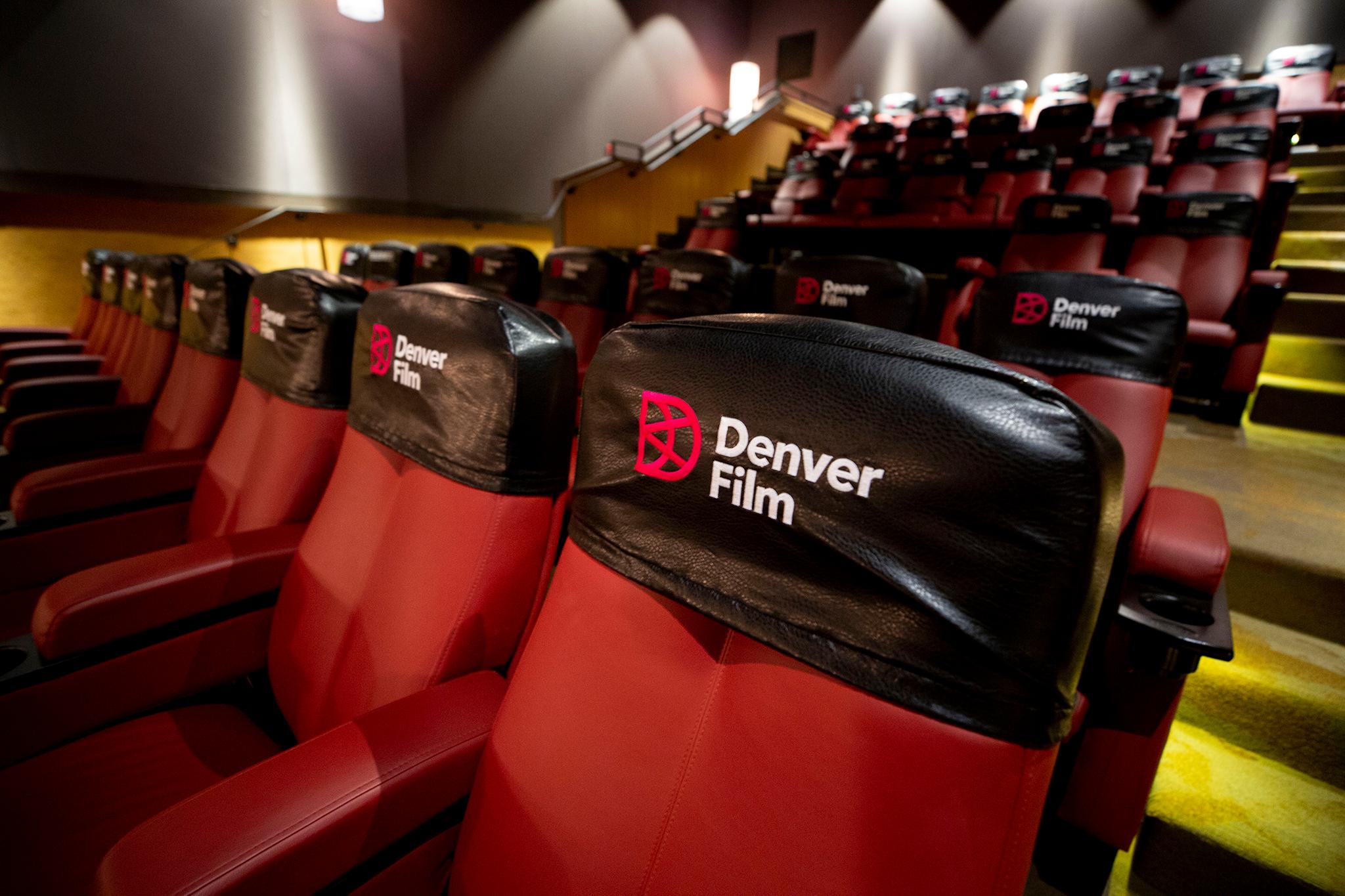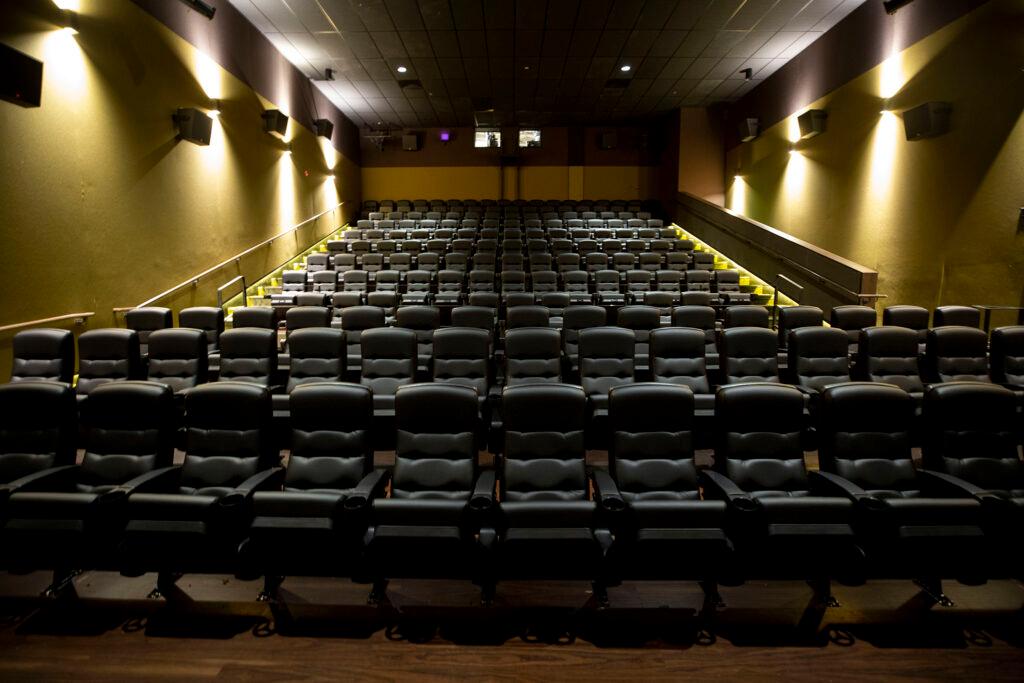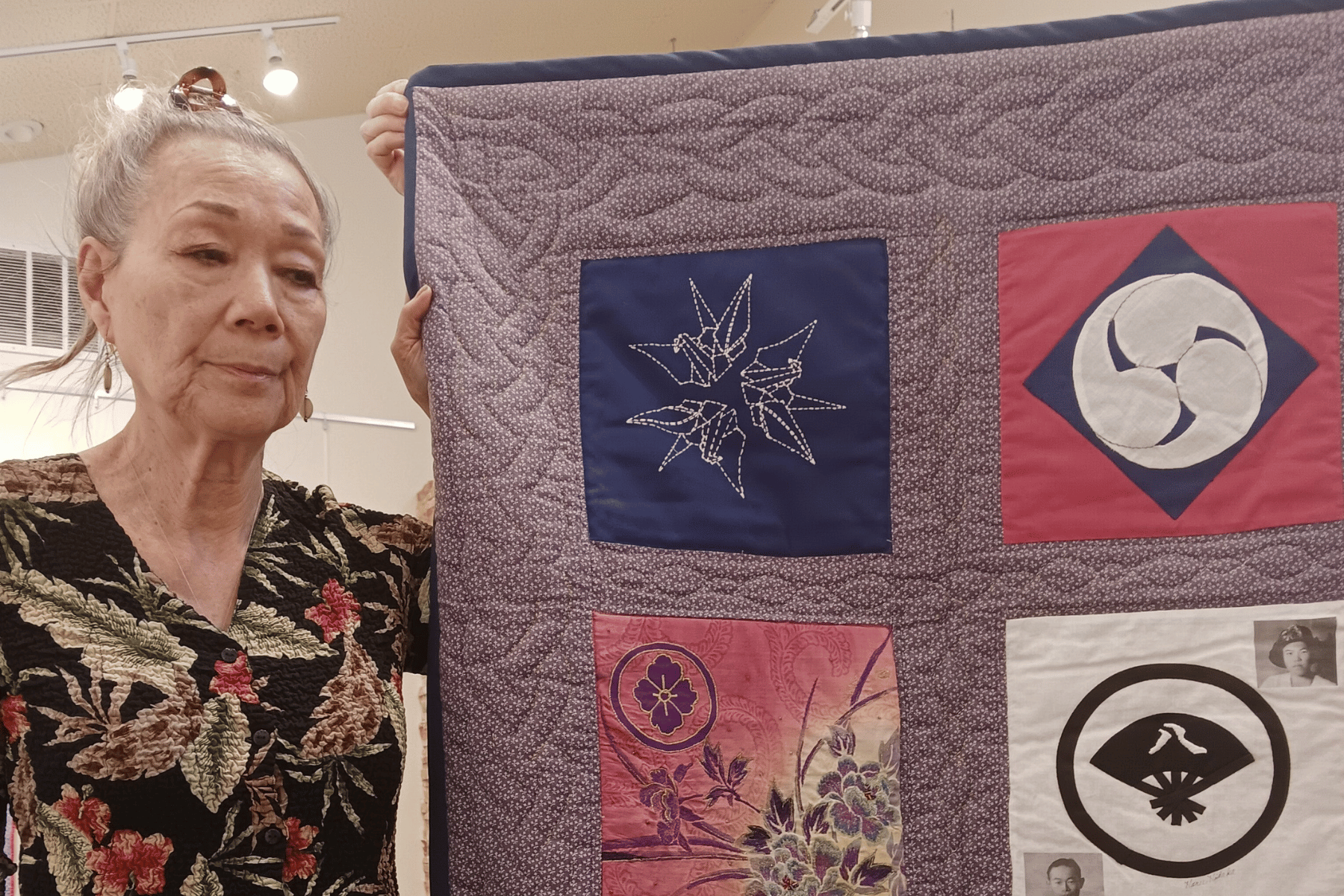
With over 100 feature-length movies to choose from, it can be a little intimidating to jump into the 44th edition of the Denver Film Festival. But if you’re looking for some films with local flavor, there’s the Colorado Spotlight, a selection of movies with ties to the state.
The films have been made by visitors or by recent or longtime residents. Some were filmed in the Centennial State, others elsewhere. It’s a mix of narrative fiction and documentaries. Each with their own story to tell.
Filmmaker Skinner Myers is a Colorado transplant. He only recently joined the faculty of CU Boulder. His feature debut “The Sleeping Negro” is an exploration of race in the U.S. in the style of European art house movies. He cites the French film “The Man Who Sleeps” and Russian filmmaker Andrei Tarkovsky as influences.
“In this country, after years of slavery of Jim Crow, lynching postcards, people getting slaughtered by the police. Like none of those violent images are helping people recognize my humanity,” Myers said. “What I'm trying to do is put them through and make them uncomfortable so they can reassess the world view, not only on how they see Black people, but maybe just how they see their positionality, especially if they're white, like how they see their whiteness operating in this world.”
Myers’s film “The Sleeping Negro” looks different than much of the program. It’s because Myers insists on shooting on film stock — a tip he passes on to his students.
“It is a dying art,” Myers said. “The big filmmakers can afford to shoot on it, and that's a big blessing, but I'm trying to get like, micro-budget indie filmmakers to say, look, let's shoot on film. It’s like listening to music on an LP versus like an MP3 file. Like it does something to the subconscious."
The films Coloradans are sharing at the festival also dive into other controversial and deep topics. Ones that are intensely personal.
Director Jamie Boyle is a sixth-generation Coloradan born and raised outside of Boulder who now calls New York City home. Her personal film “Anonymous Sister” is about how the opioid epidemic affected her family. She says sharing her story can illustrate how widespread and long-lasting the effects of the epidemic can be.
“I hope the film helps people understand the nuances of substance use disorder, what that could look like and what form it can take,” Boyle said. “These are highly, highly addictive medications. There's a reason they weren't prescribed before the early nineties for anything other than short-term pain.”
Boyle’s film traces her life back to 1996 — the same year pharmaceutical company Purdue sent video advertisements encouraging doctors to prescribe more painkillers. Her older sister got her first opioid prescription after a skating injury left her in chronic pain. Their mother would get her first prescription of the drugs a few years later. She worried about sharing her family’s pain in a documentary but found her first audiences receptive.
“The second I started running it by some other people, they felt the same way because that's the insidiousness of these epidemics, they crawl in out of nowhere and then they come to define your life for your kids life and your loved ones lives,” Boyle said.

For other Coloradans, casting a sympathetic eye on world affairs has led them to their new films.
In “Revolution from Afar,” director and CU Boulder grad student Bentley Brown gets personal in a different way. He sat with Sudanese and Sudanese American artists and activists in the wake of their country’s revolution. They worried about their families and wondered about their identities while living in the U.S.
“I was really interested with what it's like to not just be all hyped up about the revolution and the possibility of change in Sudan, but what does it mean to be balancing cultural identities?” Brown said.
Growing up, Brown lived in both the U.S. and Chad, giving him the experience of a dual cultural identity. His camera follows the groups of activists and artists working through those feelings of not belonging, still connecting to their home on another continent and sharing stories from when they first heard of the revolution.
“In this film, we're seeing, you know, original footage of people who were, who are in the United States during the time of the revolution, but we're also seeing this sort of borrowed footage that's been accumulated from sources on YouTube and whatnot from the revolution in Sudan, from the protests in Sudan,” Brown said. “And that's actually for the audience, it's kind of a mirror of the experience of what the film subjects are experiencing, because they're also here in the U.S. watching the revolution basically through their phones.”
- 5 Movies To Watch This Fall From The Telluride Film Festival
- ‘Joe Bell’ Star Reid Miller Talks Acting With Mark Wahlberg And How Bullying In Schools Has Changed
- ‘Crestone’ Captures The Hedonistic Energy Of Internet Rappers Against The Backdrop Of The San Luis Valley
- Denver-Born Director Lee Isaac Chung’s ‘Minari’ Blends Childhood Memories Into A New Rural American Tale
Other filmmakers are showcasing the state itself in their work, even if they’re not from Colorado.
Filmmaker Sara Terry may call Los Angeles home, but her profile of the Denver Meadows mobile park in Aurora is at the heart of her documentary, “A Decent Home.”
“It's a community look at a national issue and it's also, it's the first documentary ever made on mobile home parks. Nobody's ever made one,” she said. “That's just part and parcel of the stigmatization that we place on that type of home and living.”
Terry, a former journalist turned documentarian, was looking for her next story when she saw an advertisement for investors to learn how to buy and sell mobile home parks. The longer she followed the money and found the exploitation of some of the most economically vulnerable groups in the U.S., the more important the project became to her.
“The film is girded by my background in journalism, but also so much a product of my emotional visual experience as a documentary photographer,” Terry said. “This film, more than anything I've ever done, I'm kind of like testifying. I have something to say.”
These are but a few of the movies soon to be screening at the Denver Film Festival. Because many of the filmmakers and collaborators are local, a number will be on hand for screenings and conversations after the shows.
If you go: The Denver Film Festival runs Nov. 3-14 with more than a hundred screenings of films — including at the Sie Film Center — as well as numerous panels and other events. Learn more at https://denverfilmfestival.eventive.org/schedule.









